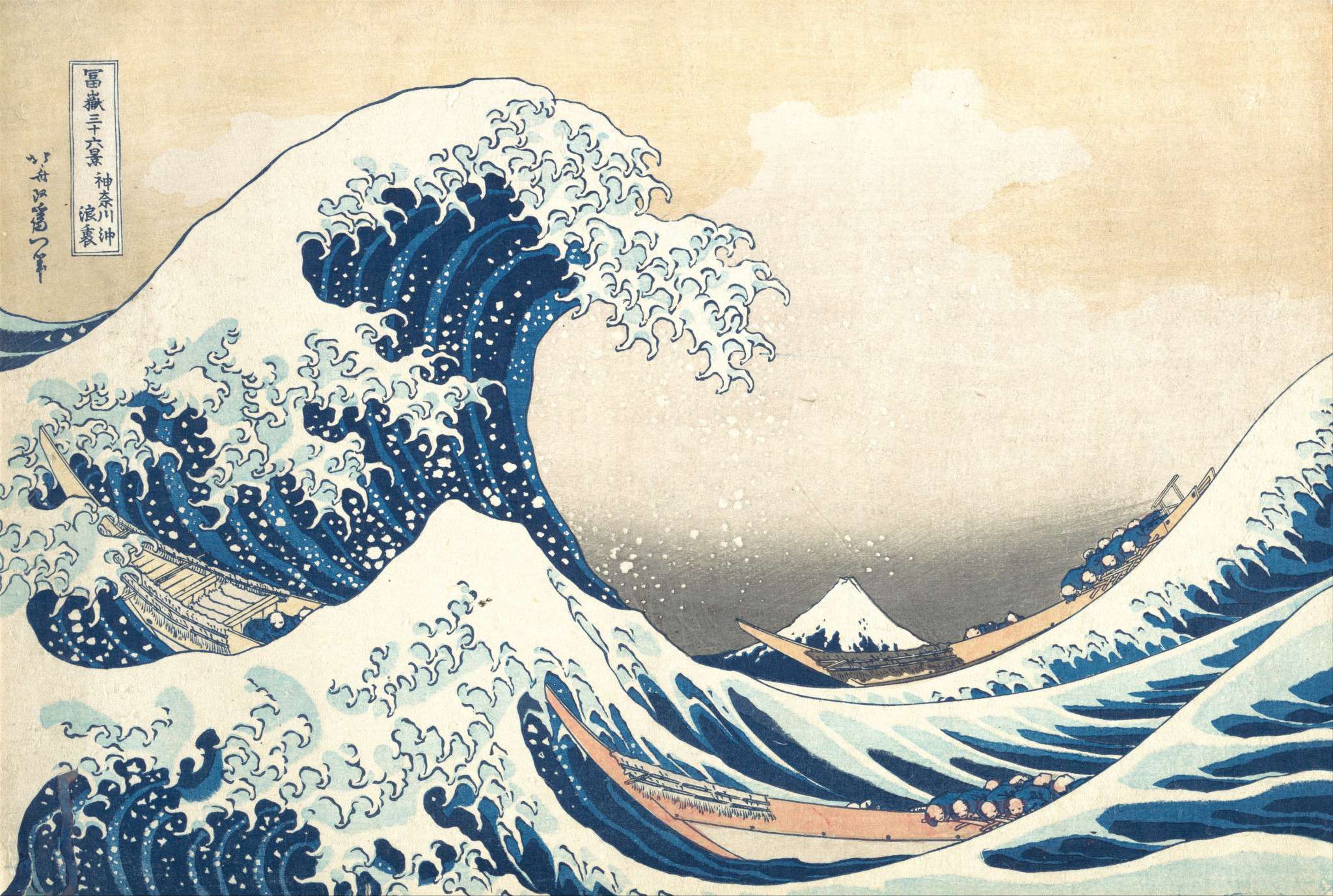Bill Clark
Veteran
No.
Great photographers are getting to be fewer and fewer.
Great photographers are getting to be fewer and fewer.
Hmm... I'm not sure about this, and need a definition for "great photographers" that would go beyond personal taste. What I do think may be the case is that there's a lot more shallow, conventional dross to wade through to see the good work that is being done.No.
Great photographers are getting to be fewer and fewer.
I am reminded of things like surveillance cameras, constantly recording things on its own. There’s a curatorial opportunity here for real human creatives to cull select images or footage out from the detritus of machine-generated imagery.
I don't know. I think rather that opportunities for great photography may be getting fewer and fewer.No.
Great photographers are getting to be fewer and fewer.
I mean, I agree with this. I am not saying it is a liability, but to contrast it to a world where news and public interest organizations would sponsor and pay people to document worlds and situations we cannot experience in our own geography. Which they are doing less and less, thus limiting opportunities for great photography."...our personal opportunities for photojournalism are generally limited to whatever world we exist in." This is an advantage, not a liability. As any photojournalist will tell you, it's all about access. So many of us are members of communities (of race, sexuality, ethnicity, religion, etc.) that are rarely accessible to "outsiders". We have the access that others outside those communities would love to have. It's a question of vision: we have to see ourselves as worthy of documentation and see our communities as the important members of the world family that they are.
They are still doing this but for less money by contracting local stringers and sourcing images online. Cheers, OtLwhere news and public interest organizations would sponsor and pay people to document worlds and situations we cannot experience in our own geography. Which they are doing less and less
Simply documenting a moment with a camera is irrelevant, as AI photography can create that with a few commands.Instead, photograph your strangest and most random thoughts.Photography will survive, but will get weird. We as photographers have to be more experimental than we’ve ever been before. Why? Because an AI wouldn’t be able to understand what’s going on.
I mean, it kind of is. Before photography, paintings were in large demand because they often had a utilitarian nature-- e.g., painted portraits were the only method of capturing someone's likeness. People also commissioned / bought landscape paintings to remember places they had visited or imagined. Also, well-off folks' residences were filled with all sorts of paintings for decorative purposes -- still life, landscapes, portraits of relatives, etc.. Compared to that, the demand for real paintings today is a small fraction of what is was in the 19th century and before.When photography was invented, someone said "From today painting is dead".
Erik.
I saw a TikTok this week where a professional had a few decent digital photos of herself and from those had AI generate a series of PR headshots and half-body shots. Looked as good as anything a digital pro photographer could do, albeit it was kind of high school portrait-ish.AI isn’t photography, all it can do is replace some photography. This impacts the overall ecosystem of photography. Photography will grow more niche and there will be fewer jobs.
I think that's the thing. It will be good at the cliches if you try to make it copy photography. I saw somewhere where someone used AI to mimic the styles of all types of famous photographers. A lot of people were impressed, but to me they did not look anything like those photographer´s photos nor would I care about that type of image.I saw a TikTok this week where a professional had a few decent digital photos of herself and from those had AI generate a series of PR headshots and half-body shots. Looked as good as anything a digital pro photographer could do, albeit it was kind of high school portrait-ish.
It was Paul Delaroche, a French painter.When photography was invented, someone said "From today painting is dead".
Erik.
I think that's the thing. It will be good at the cliches if you try to make it copy photography. I saw somewhere where someone used AI to mimic the styles of all types of famous photographers. A lot of people were impressed, but to me they did not look anything like those photographer´s photos nor would I care about that type of image.

No, I meant specifically well known photographers and trying to make the AI images look like those photographers style.You might be referring to this:

G'MIC 2.7 - Process Your Images with Style!
The IMAGE team at the GREYC research laboratory is pleased to announce the release of version 2.7 of G’MIC (GREYC’s Magic for Image Computing), its free, generic, extensible, and probably a little magical, framework for digital image processing. The previous PIXLS.US article on this open-source...pixls.us
If so, the style can be applied with as much or as little one desires.
My woodland street, when rendered to perfection, is pretty boring because I live there. However, when "stylized" based on van Gogh's "the Starry Night" it becomes quite striking when not over-done.
I saw a TikTok this week where a professional had a few decent digital photos of herself and from those had AI generate a series of PR headshots and half-body shots. Looked as good as anything a digital pro photographer could do, albeit it was kind of high school portrait-ish.
Man, that is an art project right there.Though, I also saw one where a woman fed an AI algorithm her face and asked it for some professional images and it adjusted her facial features to look white (she was asian). There is a very serious bias in most trained AI systems to favor white people.
